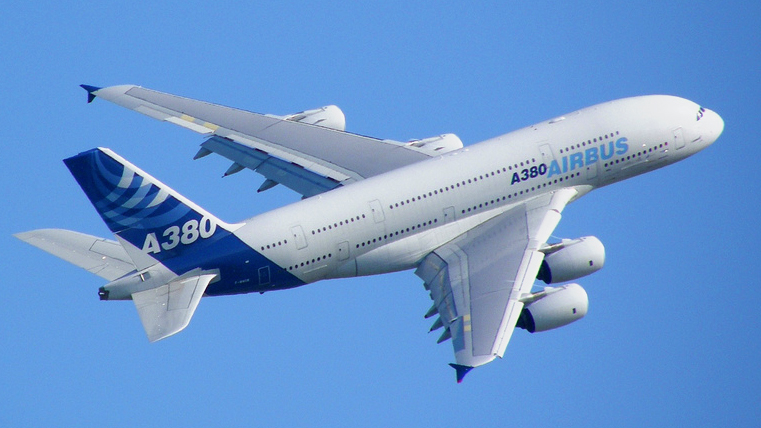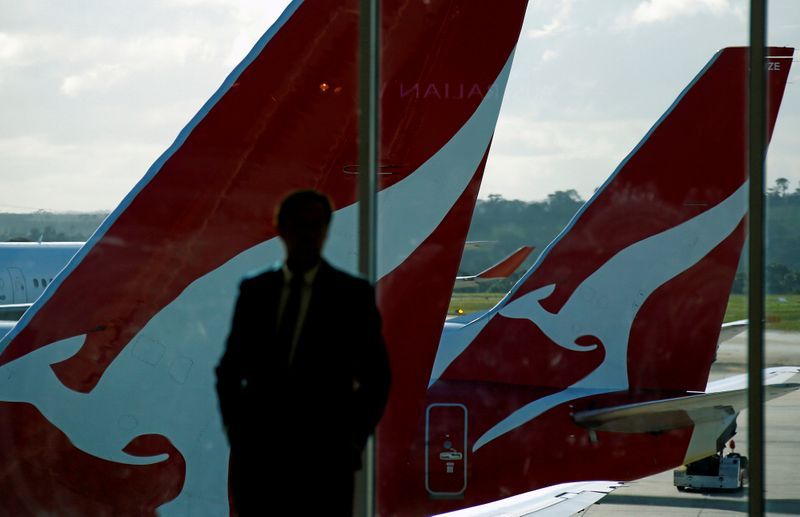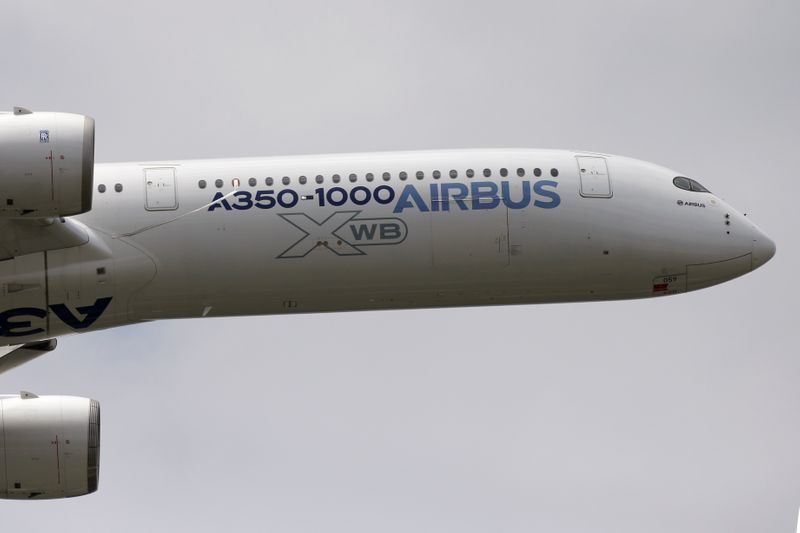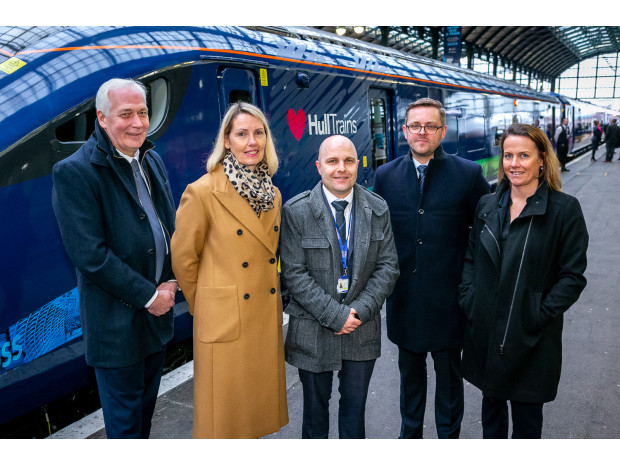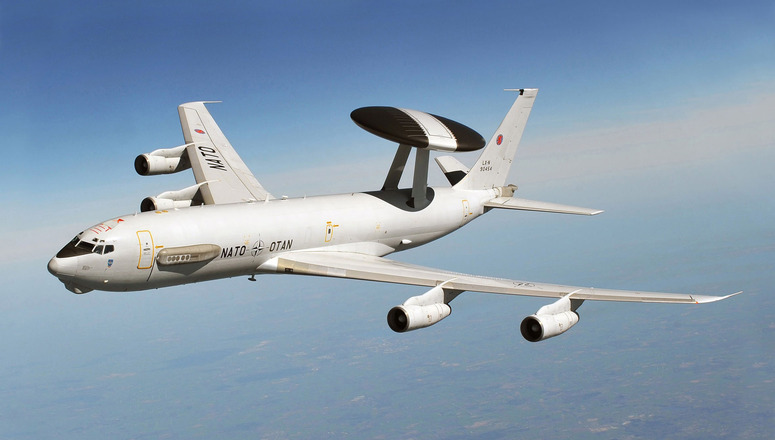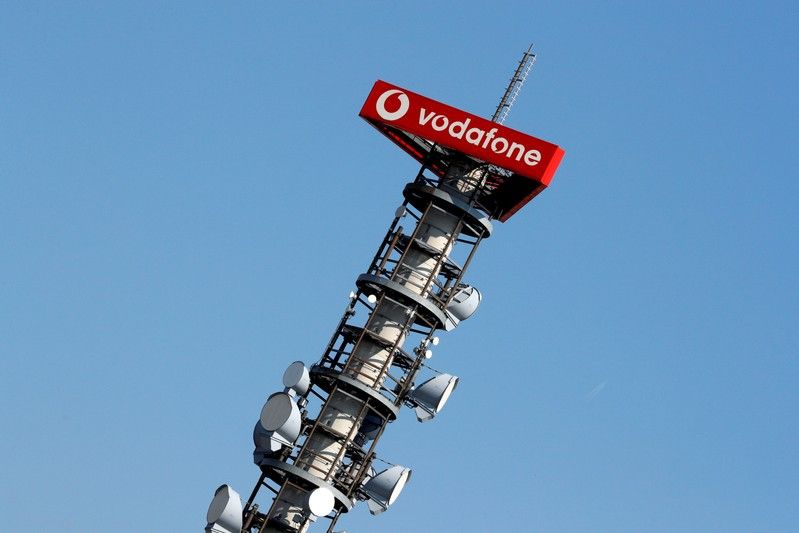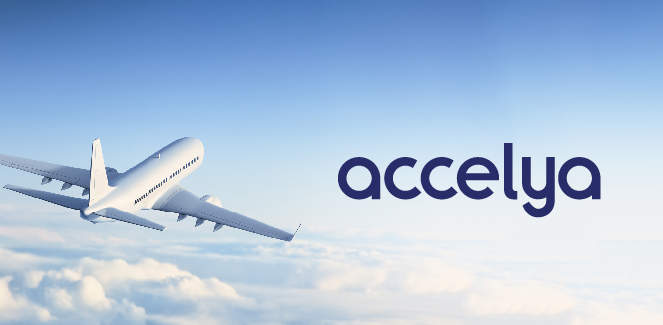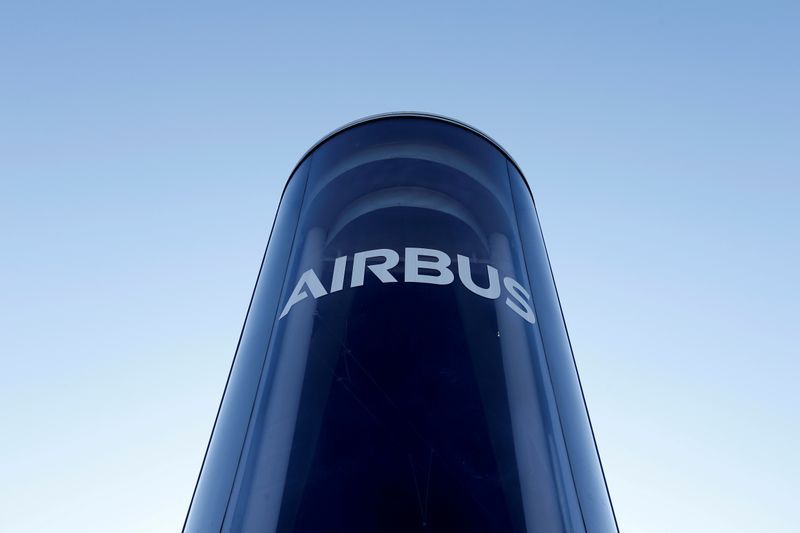
PARIS/LONDON/WASHINGTON (Reuters) – Airbus <EADSY> bribed public officials and hid the payments as part of a pattern of worldwide corruption, prosecutors said on Friday as the European planemaker agreed a record $4 billion settlement with France, Britain and the United States.
The disclosures, made public after a nearly four-year investigation spanning sales to more than a dozen overseas markets, came as courts on both sides of the Atlantic formally approved settlements that lift a legal cloud that has hung over Europe’s largest aerospace group for years.
“It was a pervasive and pernicious bribery scheme in various divisions of Airbus SE that went on for a number of years,” U.S. District Judge Thomas Hogan said.
The deal, effectively a corporate plea bargain, means Airbus has avoided criminal prosecution that would have risked it being barred from public contracts in the United States and European Union – a massive blow for a major defence and space supplier.
Prosecutors said individuals could still face criminal charges, however.
Airbus, whose shares closed down 1%, has been investigated by French and British authorities for alleged corruption over jet sales dating back more than a decade. It has also faced U.S. inquiries over suspected violations of U.S. export controls.
“In reaching this agreement today, we are helping Airbus to turn the page definitively” on corrupt past practices, French prosecutor Jean-Francois Bohnert said.
France’s financial prosecutor said the company had also agreed to three years “light compliance monitoring” by the country’s anti-corruption agency.
The U.S. Department of Justice said the deal was the largest ever foreign bribery settlement.
CODE NAME ‘VAN GOGH’
In a packed hearing at London’s Royal Courts of Justice, an Airbus lawyer said the settlements “draw a clear line under the investigation and under the grave historic practices”.
Outlining detailed findings, the UK’s Serious Fraud Office (SFO) said Airbus had hired the wife of a Sri Lankan Airlines executive as its intermediary and misled Britain’s UKEF export credit agency over her name and gender, while paying $2 million to her company. The airline could not be reached for comment.
Click the link below to read the full story!
https://finance.yahoo.com/news/airbus-pay-4-billion-settle-152542295.html
